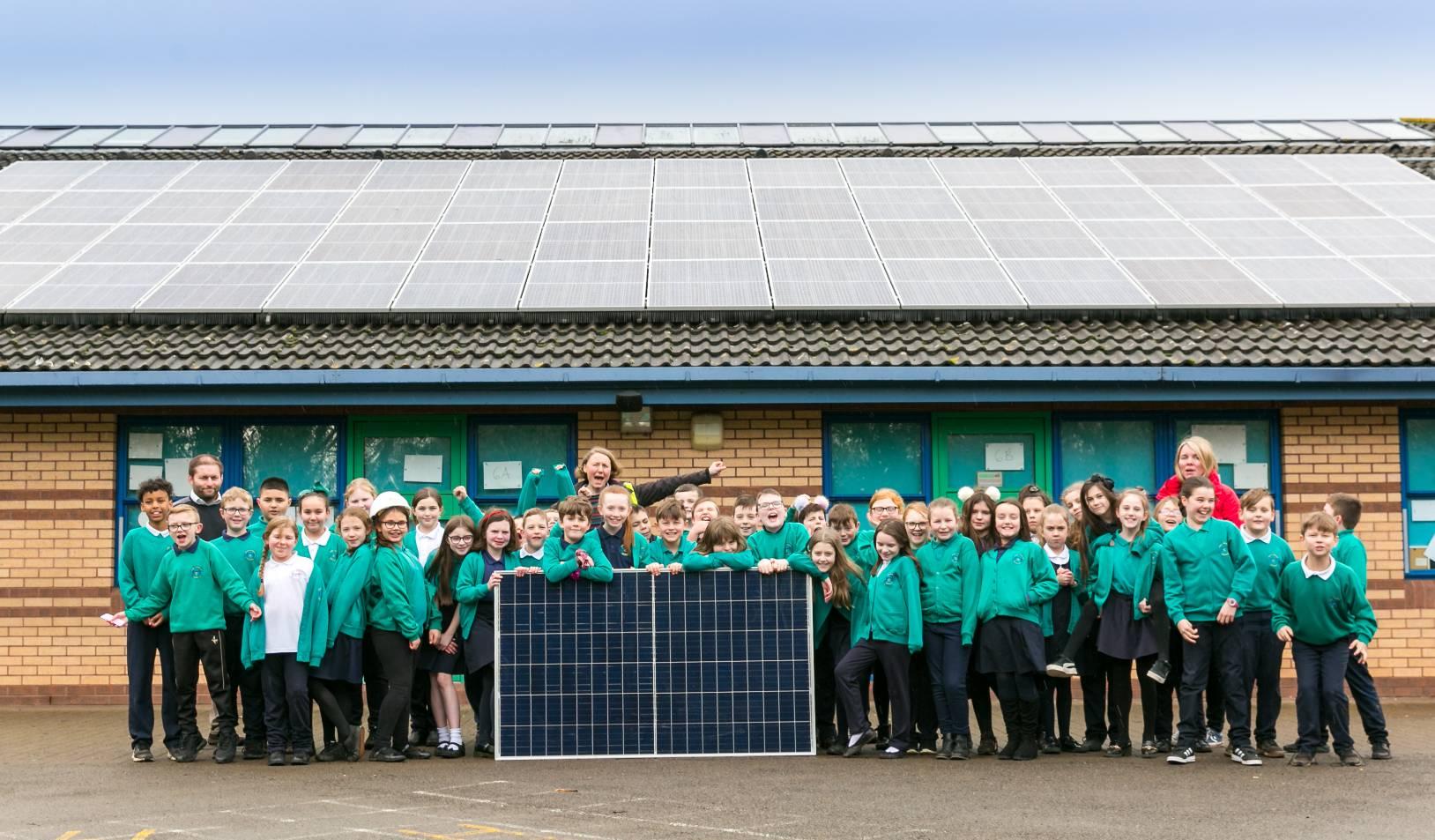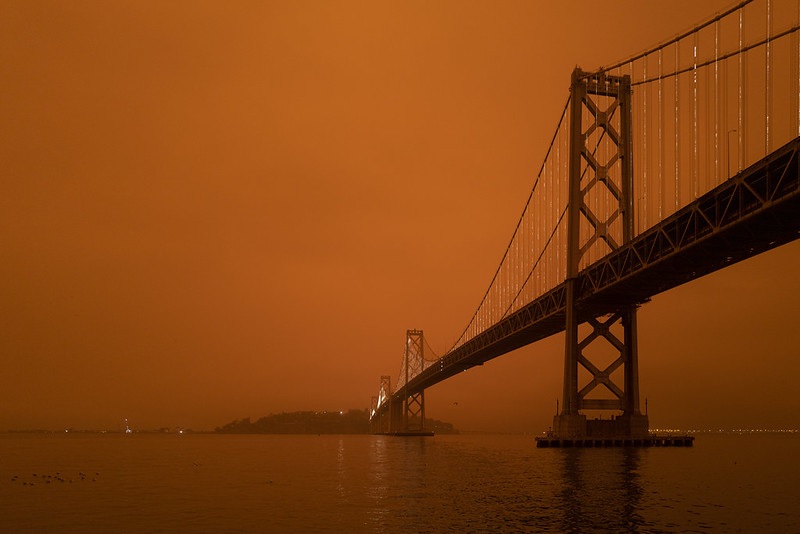
A year to COP
It is a year until the make-or-break talks of COP26 in Glasgow, and making the shift to net zero has never been more urgent. As hosts of the next set of climate talks, the UK has a responsibility to make swift progress.
Fires, floods and famines are accelerating. Without decisive climate action, the Arctic may experience ice-free summers as soon as 2032.
Three of the nine months to have passed this year were the hottest of those months on record. Globally, the UN has blamed climate breakdown for a near-doubling of natural disasters in the past 20 years.
It is against this backdrop that the crunch climate talks in Glasgow, COP26, would have played out had they not been rescheduled for next year due to Covid-19. This would have been when governments hammered out the next steps towards meeting the goals of the Paris Agreement, and committed to more ambitious action to put the brakes on the planetary emergency.
Every fraction of a degree matters. The difference between 1.5°C of global heating and 2°C is huge. For example, at 1.5°C 14 percent of the world’s population would be exposed to extreme heatwaves at least once every five years. This is 14% too many, but it’s significantly better than the staggering 37 percent of people who would suffer from these events if the global temperature rises by 2°C.
In the oceans, this gap of half a degree is the difference between saving up to 30 percent of corals and the loss of 99 percent of them, which is expected at 2°C of global heating.
Assuming all existing commitments made as part of the Paris Agreement are met, global heating is expected to reach 2.7°C by 2100 – while the agreement aims to keep warming below 2°C, this target has not yet been met with commitments, let alone action.
If these promises are not kept, the figure is at least 4.1°C. This runaway climate breakdown would make the apocalyptic scenes around the globe this year, from Siberia to California, look comparatively benign.
There is a glimmer of hope emerging, however. China’s commitment to net zero by 2060 is the biggest climate pledge in history, and would dent future global heating significantly.
In recognition of the make-or-break nature of the next ten years, the European Parliament has called for emissions reduction targets to be strengthened to 60 percent by 2030, with net zero by 2050. It is worth noting, however, that this pledge has been criticised for the possibility of ‘creative accounting’ creeping in, and so the precise wording of the EU’s climate law will be important.
These commitments are welcome, but warm words must be backed up with concrete action.
The UK will host perhaps the most consequential climate summit of all next November. To be able to encourage other nations to show more ambition, British leaders must be able to point to major progress of their own. To have a 50 percent chance of staying within the vital 1.5°C target, the UK would need to be carbon neutral by 2042, but is not on track to meet its own target of net zero by 2050.
Pledges to boost offshore wind power and retrain workers from polluting industries are welcome, but do not go far enough. Only 2 percent of Covid-19 relief funds have been allocated for green recovery projects.
The twelve months between now and the rescheduled COP26 talks are sufficient time to begin ambitious efforts to reach net zero before 2050, to refocus relief funds to also encourage a green recovery, and to move from promises to action.
This opportunity to show genuine climate leadership cannot be missed. Our shared future depends on it.
This blog was originally posted on The Ecologist and is reposted here with permission.
SIGN UP FOR OUR EMAILS AND STAY UP TO DATE WITH EJF

